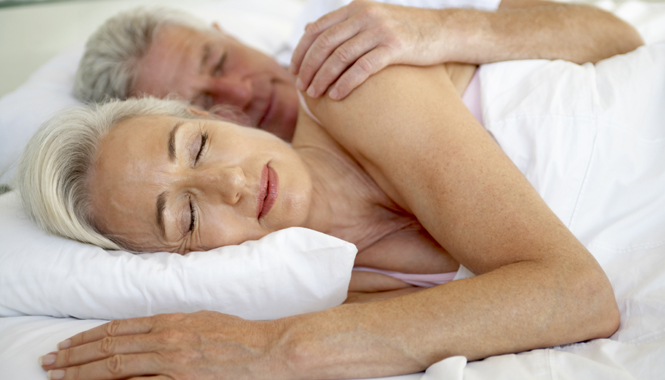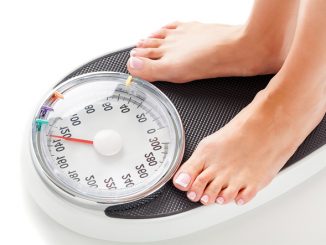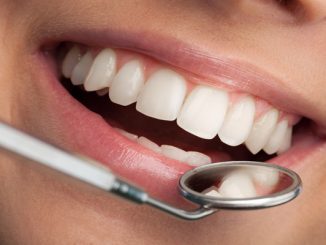

Do you experience disruption or difficulty breathing while yours deeply asleep? That may be a sign of sleep apnea, a common condition that interrupts your breathing during sleep. The most apparent sleep apnea symptoms relate to the interruption of breathing during sleep. It has usually been observed as a very loud snoring, with choking or pauses in between periods of breathing. The person who happens to experience these symptoms may be unaware of what is going on. Other individual just remember they’re gasping or feeling like they can’t and hardly breathe at all. There are chances that if you do not wake completely, you may hardly even remember anything. A wife or husband, bed partner will definitely let the patient seek medical care. Other symptoms may include mild to severe depending upon the instances of airway blockage.
These range from:
- Too much sleeping during day time
- Waking with an unrefreshed feeling after sleep, having problems with mental focus and attentiveness, restlessness, and experiencing personality transformation.
- Midnight headaches and also can experience in the morning, most of the people who have sleep apnea experiences this.
- Loud snoring with frequent gasping and snorting. Almost all people who have sleep apnea snore. But not all people who snore have sleep apnea.
- Feeling groggy, low energy
- Heartburn or an acid taste in the mouth happened at night.
- Mild swelling of the legs are also commonly seen.
- Usual awakening at night to urinate
- Casual sweating and slight chest pain while asleep
- A period of non-breathing (apnea), that may usually occur as few as five times in an hour (a mild apnea) to more than 50 times an hour (a severe apnea). The episodes that you have will determine how severe your sleep apnea is.
- During sleep, episodes of restless tossing and turning.
- Nighttime choking or out of breath mean.
Sleep apnea in children also happens and the following are the common symptoms:
Children who have an indication of sleep apnea practically always snore. But children may not appear to be exceptionally sleepy during the day, remember that it is a key symptom in adults.
- Mild sleepiness at daytime (but not overly excessive like in adult)
- Becoming overweight or obese
- Feeling of depression or despair
- Mouth dryness
- Out of focused and not able to concentrate
- Uncertainty
- Restlessness of the limbs
- Occasional heartburn
- Episodes of extreme sweating at night
- Loss of drive to play
When any of these symptoms happen, a sleep test is done, known as polysomnography, which can determine if the cause is actually a sleep apnea. This is usually performed in a clinic or hospital during an overnight stay.
Sleep apnea is a serious, potentially dangerous condition that should be diagnosed and treated immediately. Other than these sleep apnea symptoms, there are also some serious consequences if remain untreated. It can contribute to diabetes, hypertension that may lead to heart failure, stroke and sudden death. Therefore, it is important to look for the best and effective treatment for sleep apnea.











Leave a Reply
You must be logged in to post a comment.